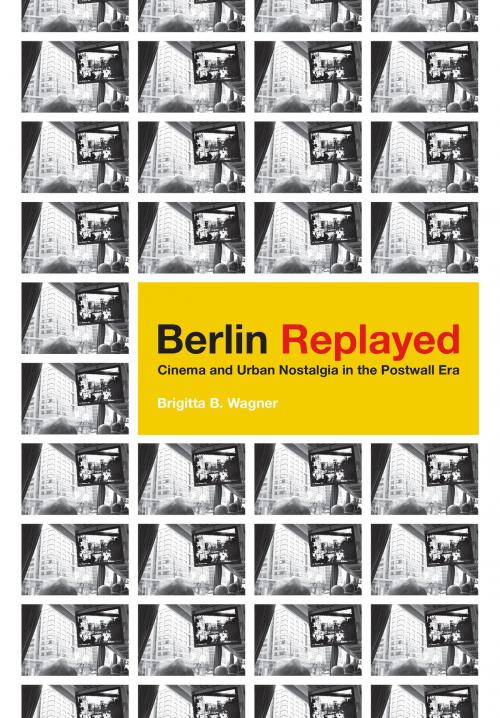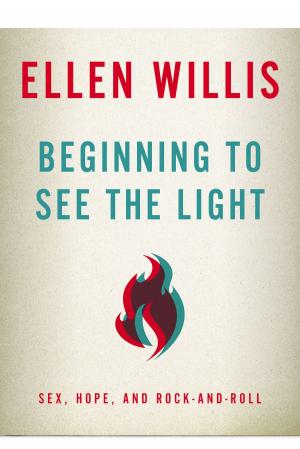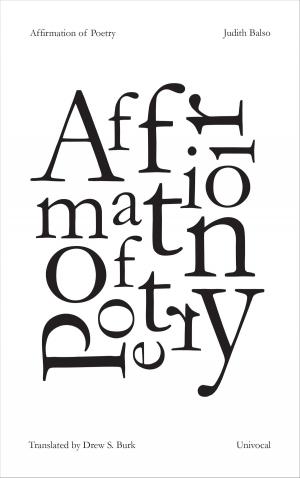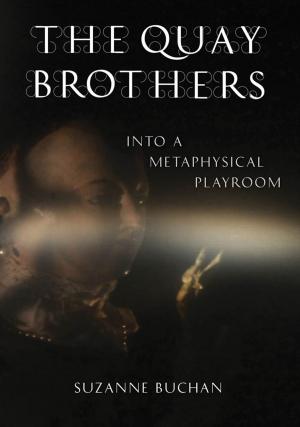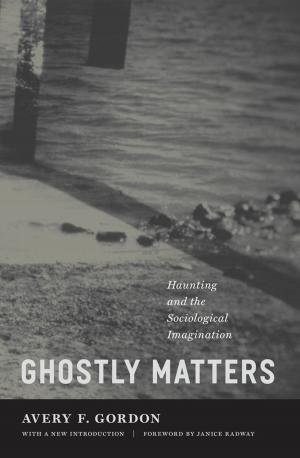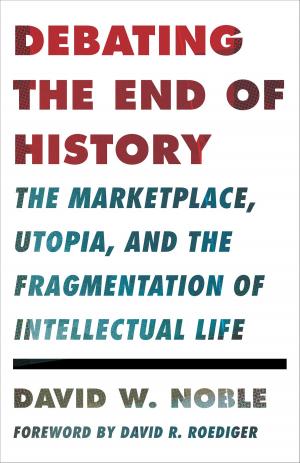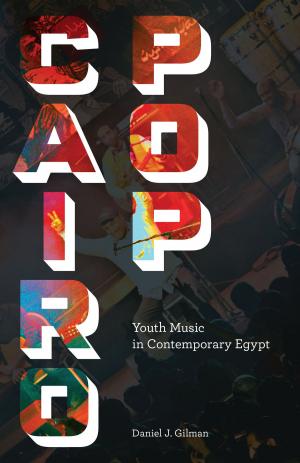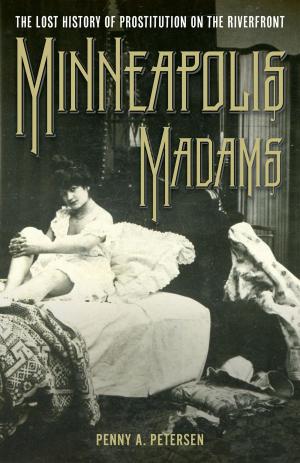Berlin Replayed
Cinema and Urban Nostalgia in the Postwall Era
Nonfiction, Entertainment, Film, History & Criticism, Performing Arts, History, Germany| Author: | Brigitta B. Wagner | ISBN: | 9781452945255 |
| Publisher: | University of Minnesota Press | Publication: | December 17, 2015 |
| Imprint: | Univ Of Minnesota Press | Language: | English |
| Author: | Brigitta B. Wagner |
| ISBN: | 9781452945255 |
| Publisher: | University of Minnesota Press |
| Publication: | December 17, 2015 |
| Imprint: | Univ Of Minnesota Press |
| Language: | English |
Scarred by the Second World War, divided during the Cold War, and turned into a massive construction site in the early postwall years, Berlin has dramatically reinvented itself in the new millennium. Film has served a neglected but important function in this transformation.
In Berlin Replayed, Brigitta B. Wagner shows how old and new films set in Berlin created a collective urban nostalgia for the city’s best, most inclusive, and most conciliatory pasts in the face of its renewed purpose as the all-German capital. Exploring films such as Walter Ruttmann’s Berlin: Symphony of a Great City, Wim Wenders’s Wings of Desire, Tom Tykwer’s Run Lola Run, and Wolfgang Becker’s Good Bye, Lenin!, the book establishes that these films don’t merely feature the city but actively construct how viewers come to know different Berlins of the past and present. To illustrate how film has repeatedly remade the image of the city, Berlin Replayed focuses on four key periods: the golden 1920s, when the city was a major filmmaking center; the prewall 1950s, when Berlin had two ideologically opposed film industries; the politically transformative late 1980s and early 1990s; and the hyped start of the twenty-first century.
By showing how films have helped revive memories of the “good” Berlin and, by extension, the “good” Germany, Berlin Replayed reveals the underappreciated but powerful role film has played in the process of unifying Germany’s historical experience and bridging its physical and political divisions.
Scarred by the Second World War, divided during the Cold War, and turned into a massive construction site in the early postwall years, Berlin has dramatically reinvented itself in the new millennium. Film has served a neglected but important function in this transformation.
In Berlin Replayed, Brigitta B. Wagner shows how old and new films set in Berlin created a collective urban nostalgia for the city’s best, most inclusive, and most conciliatory pasts in the face of its renewed purpose as the all-German capital. Exploring films such as Walter Ruttmann’s Berlin: Symphony of a Great City, Wim Wenders’s Wings of Desire, Tom Tykwer’s Run Lola Run, and Wolfgang Becker’s Good Bye, Lenin!, the book establishes that these films don’t merely feature the city but actively construct how viewers come to know different Berlins of the past and present. To illustrate how film has repeatedly remade the image of the city, Berlin Replayed focuses on four key periods: the golden 1920s, when the city was a major filmmaking center; the prewall 1950s, when Berlin had two ideologically opposed film industries; the politically transformative late 1980s and early 1990s; and the hyped start of the twenty-first century.
By showing how films have helped revive memories of the “good” Berlin and, by extension, the “good” Germany, Berlin Replayed reveals the underappreciated but powerful role film has played in the process of unifying Germany’s historical experience and bridging its physical and political divisions.
